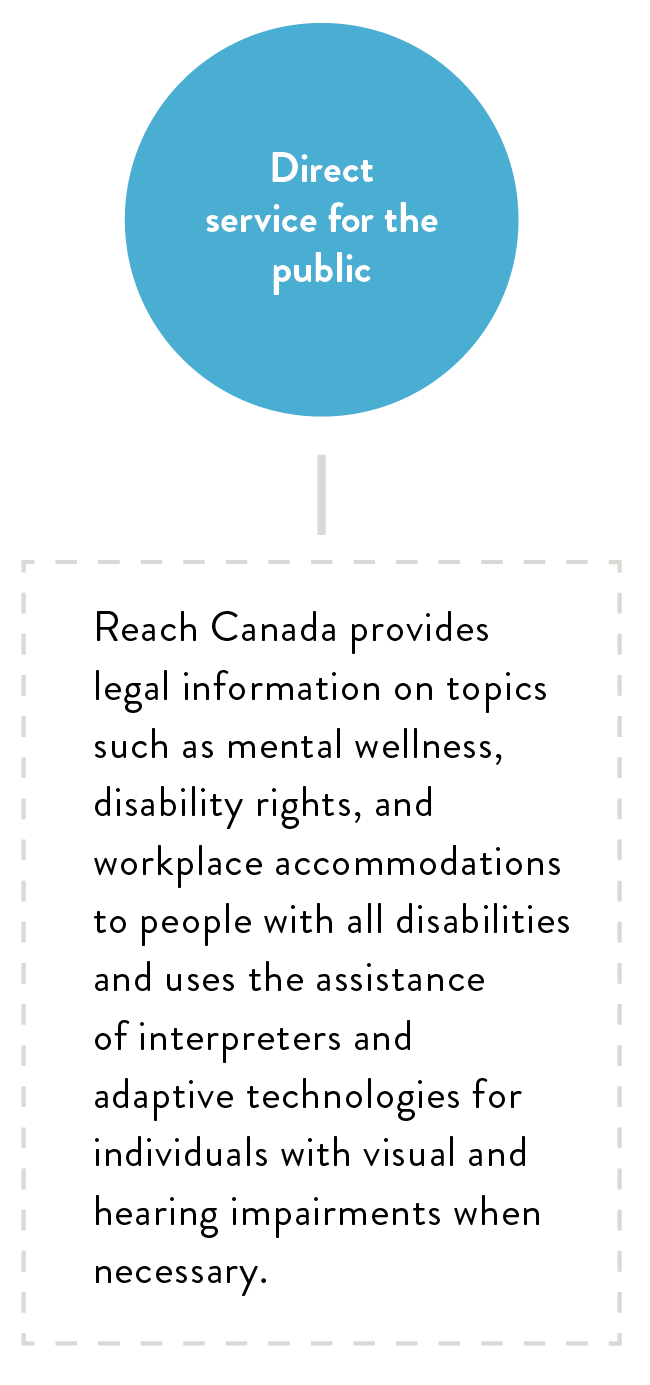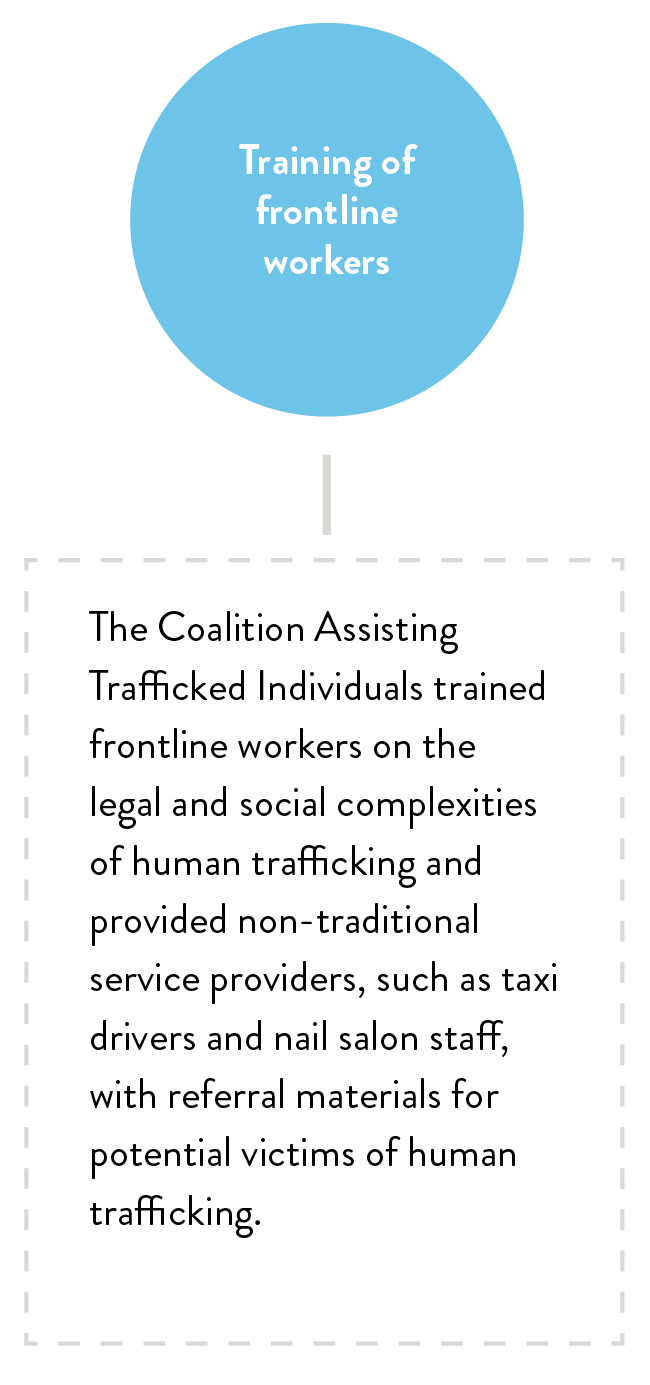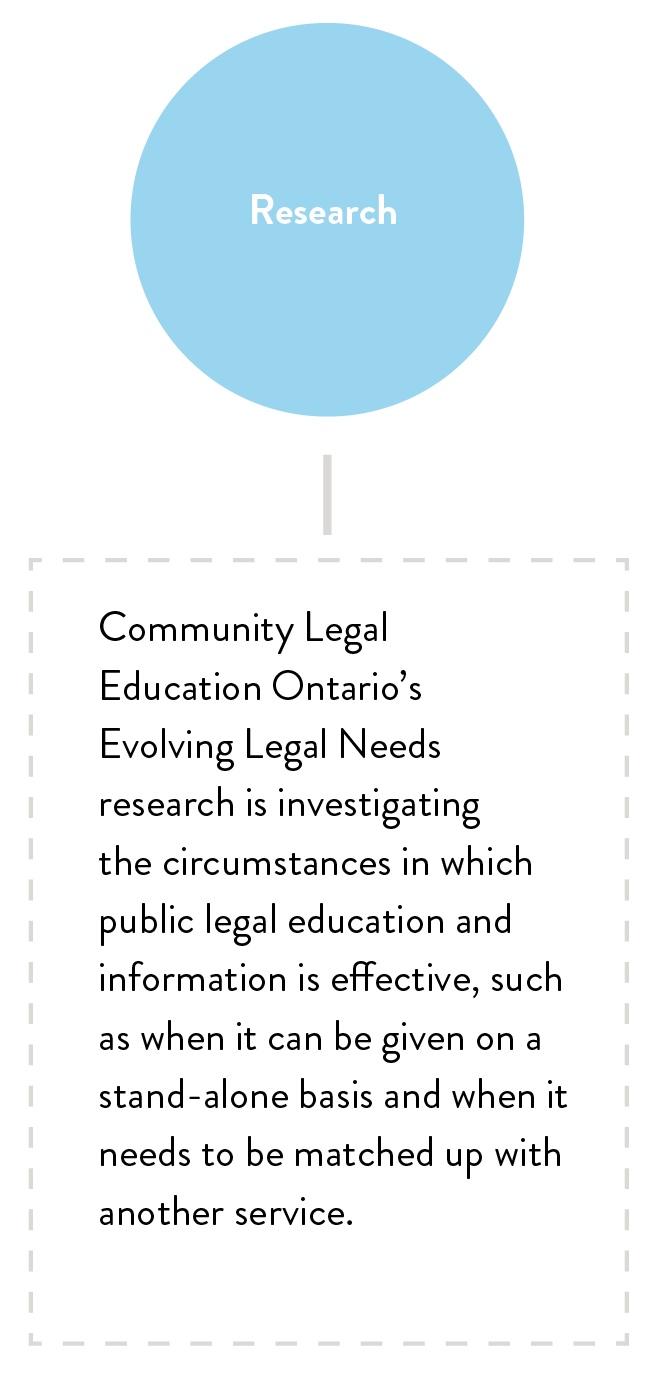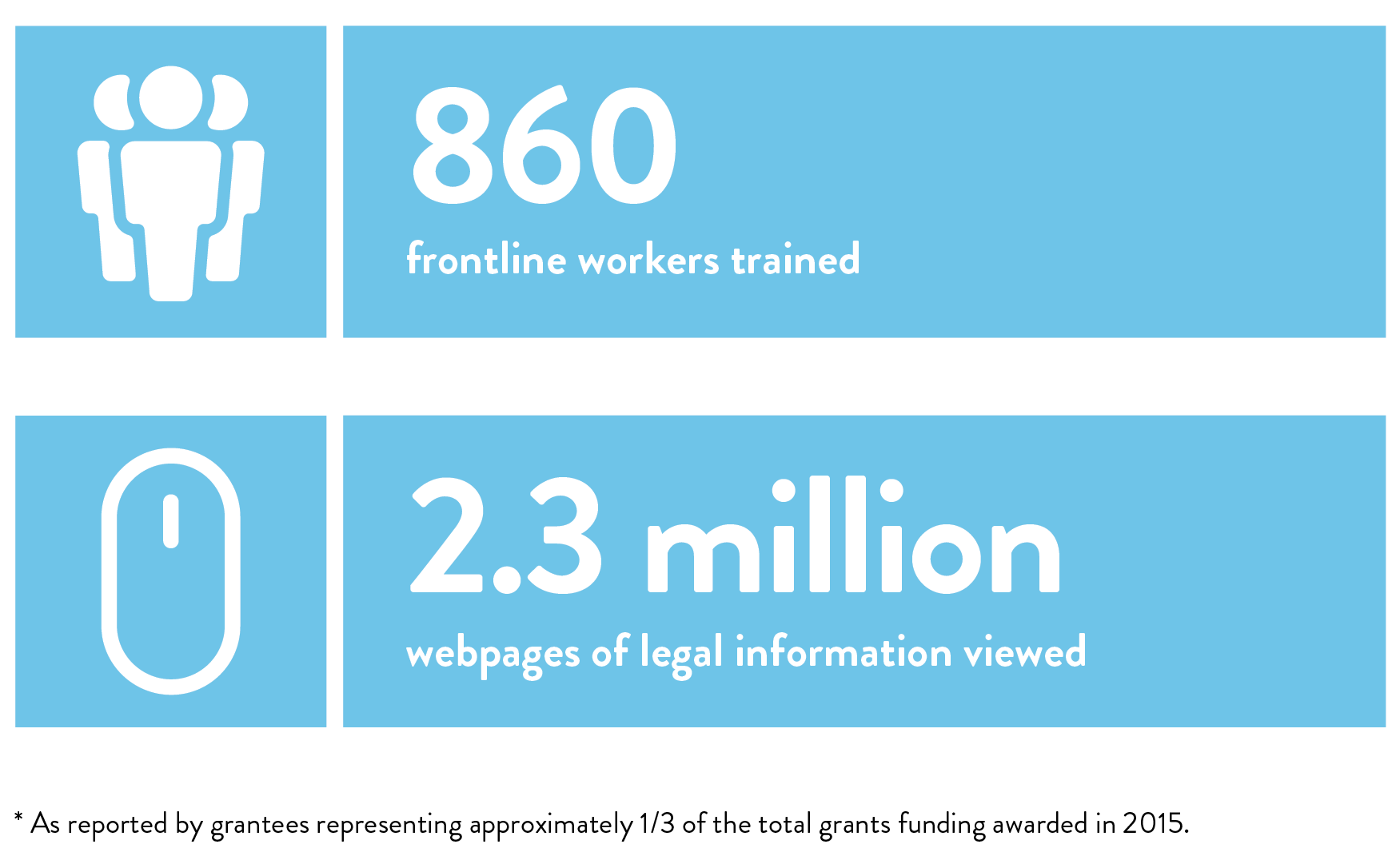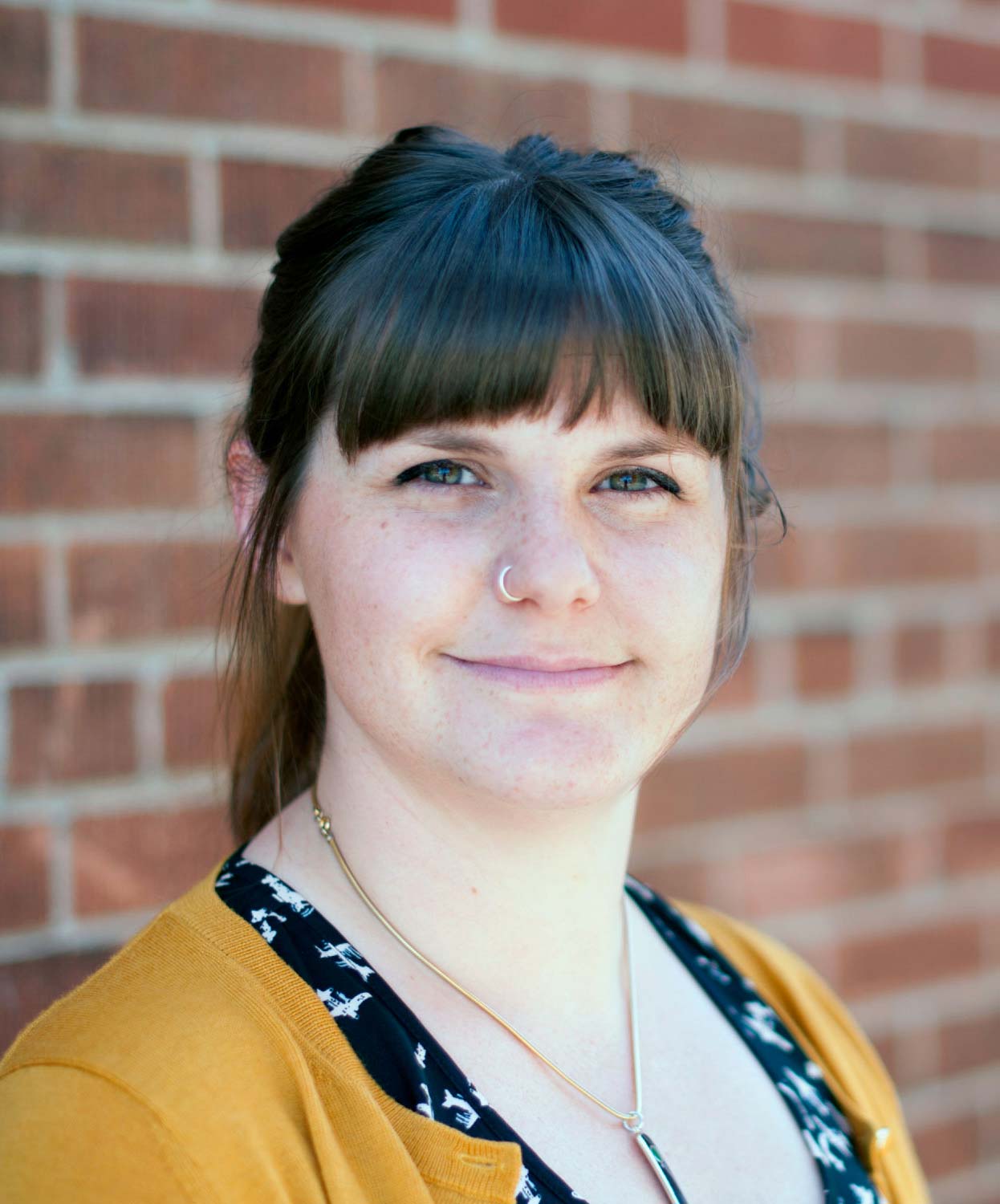Advocating for the rights of young workers
Being charged a fee for your Record of Employment; earning student minimum wage even after you qualify for general minimum wage; receiving burns to your face and mouth because no safety precautions were provided; getting fired because you requested a medical leave; these are real situations that young clients of the Sudbury Workers Education and Advocacy Centre (SWEAC) have faced.
“We always say, we’re not here to tell you employers are bad,” explained Jenny Fortin, SWEAC’s Executive Director. “But there are some employers who rely on the fact that youth don’t know their rights, or are too afraid to speak up, and they exploit it.”
SWEAC helps to improve the working conditions of workers of all ages in non-unionized, low-wage, and precarious employment. It offers public legal education and information (PLEI) about employment standards, health and safety, and human rights. The Law Foundation of Ontario funded SWEAC’s first outreach program to help the organization connect with people in the outlying areas of Sudbury, including going into schools to teach youth about their rights as workers. Since it began in 2014, SWEAC has provided direct service to over 300 people and has reached over 1,400 people with its PLEI outreach.
Jenny easily empathizes with the youth that come to SWEAC because she was a lot like them. Jenny was born and raised in Sudbury and has a history of precarious work.
“I grew up in a socially minded household and was always told about social issues and the impact they had on the whole society, not just the individual,” Jenny said. “It wasn’t until I started working in retail that I really felt first-hand the inequalities between management and employees and how a lot of people were really scared about bringing any problems to management.”
Most youth come to SWEAC because they believe they’re not being paid properly or they’re being harassed at work. Most interventions are as straightforward as SWEAC helping the young person with a phone call or letter to the employer to inform them that they’re not following the law. This type of action is often enough to resolve the issue. Other situations warrant further action, such as making a claim under the employment, health and safety, or human rights legislation.
“One of the successful human rights claims we helped with was for an individual who is part of the LGBTQ community,” Jenny said. “He was constantly bullied at work, to the point where he had to get medication to help him deal with the harassment. The resolution was a cash settlement but also that the staff at this workplace be trained on human rights and harassment and be given information about the LGBTQ community.”
“The majority of young people are eager, hard workers,” Jenny added. “Many need these jobs to survive or help supplement their parents’ income. It’s not just for spending money. We want employers to treat them fairly and as equals.”
